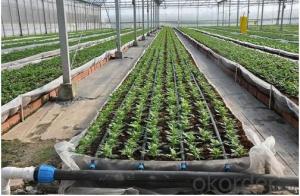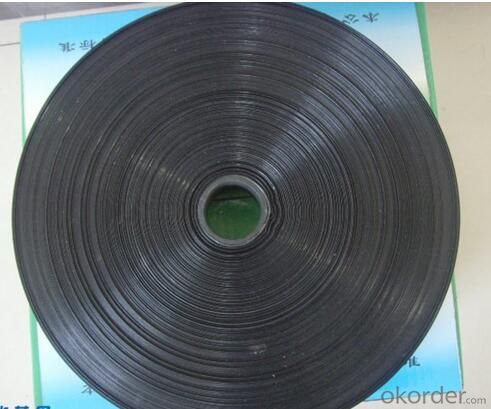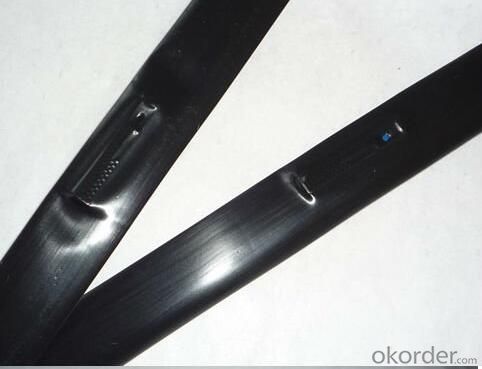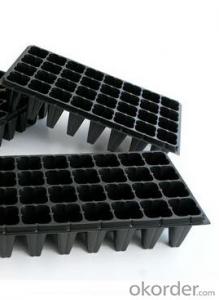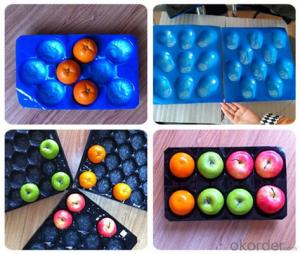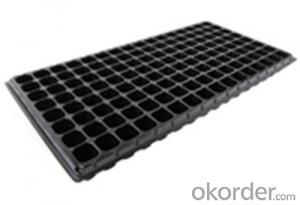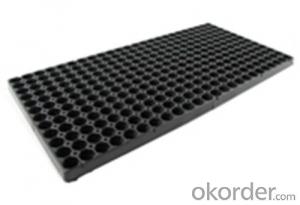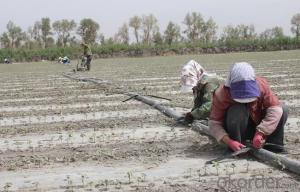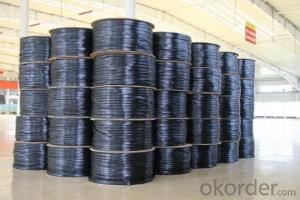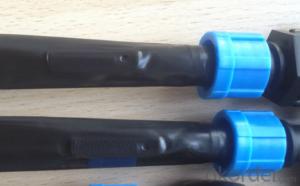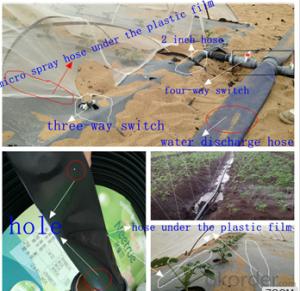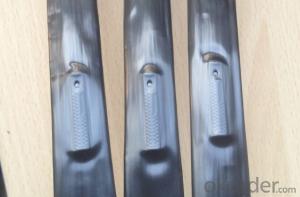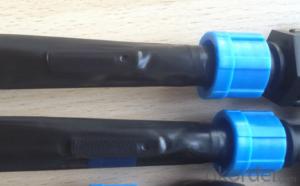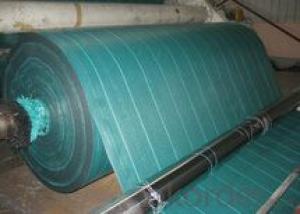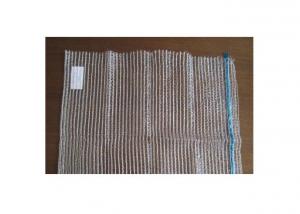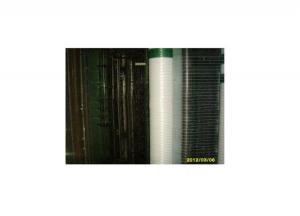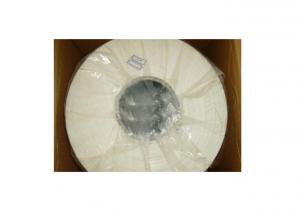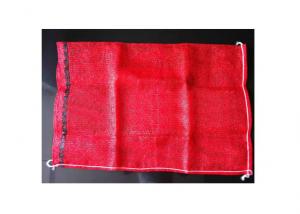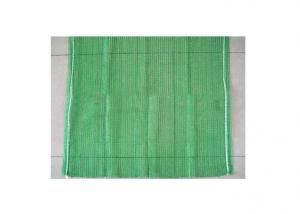Irrigation Tape distance Ro Drip Drip Tape, Melt-Flow Drip Tape
- Loading Port:
- Tianjin
- Payment Terms:
- TT OR LC
- Min Order Qty:
- 199 m²
- Supply Capability:
- 1999999 m²/month
OKorder Service Pledge
OKorder Financial Service
You Might Also Like
Product Features of Irrigation Tape distance 30cm Good Quality :
Ro Drip Drip Tape, Melt-Flow Drip Tape
1. The Water Margin: unilateral 1~3 meters, 2~6 meters bilateral
2. Save 50-80% labor, 40-80% water, 50% fertilizer and increase production 10-30%
3. High quality raw materials of high strength PE from the German Basf Inc and ultraviolet resistance ratio
4. Laboratory Simulated Ecological testing anti-aging life of 3 years, the actual use of the ageing time longer; low supporting the water pressure, less energy consumption
5. Supporting pipeline water supply pressure [2~3Bar] lower, low energy consumption
6. Scientific aperture distribution design, smooth aperture not easy to block and high spraying uniformity, ensure the normal use in breezeless and breeze day, ideal for drizzle days
7. Designed for flexible use,easy to coil, no shortage for length
8. Uniform irrigation, large irrigation area, increase production
9. Products passed the inspection of the national authority Chinese inspection department
10. Easy storage and transportation, simple and convenient for installation and the operation
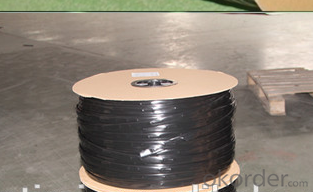
The Application of Irrigation Tape distance 30cm Good Quality:Ro Drip Drip Tape, Melt-Flow Drip Tape
The layflat hose has a wealth of residential and commercial applications, and it is usually used for general water transfer purposes as well as for submain.Generally layflat hoses are used in the industry of agriculture,in pipe lining and rehabilitation,in removing waste water,in mine dewatering ,in the chemical industry and even for household chores
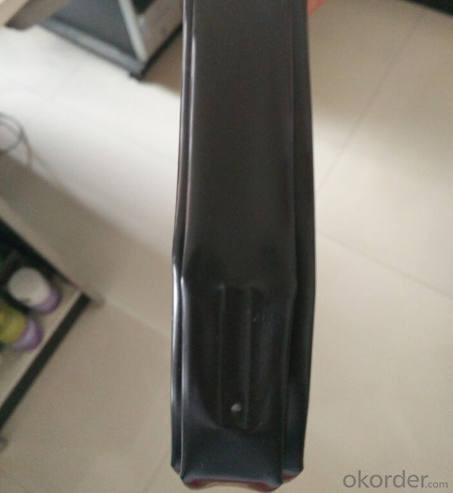
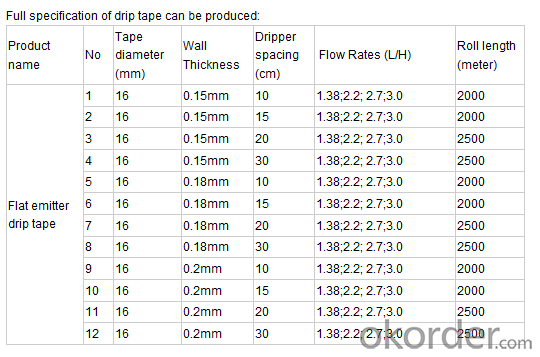
The decription of Irrigation
Ro Drip Drip Tape, Melt-Flow Drip Tape
Two layers of PVC bonded together encapsulating high tensile polyester fibers.
Thick wall dimensions and strong yarn structure help products to hold connections and resist bursting.
It assumes the conventional round appearance when pressure is being passed through it and then returns to its flat shape after use.It does not need drying and can be rolled immediately after use.
Ro Drip Drip Tape, Melt-Flow Drip Tape
Features of Irrigation Tape distance 30cm Good Quality:
1.Great durability mainly given by the reinforcement and high-density PVC material.
2.The layflat hoses can have up to 12 inches diameter based on their applications.
3.Extra thickness are added in order to prevent bursting due to pressure in heavy industry.
4.Can be easily rolled up,stored and reused,as it has a very durable construction.
5.The hoses come with a variety of fittings and accessories ensures the water transfer process free of leaking.
6.Temperature range:-5°C~65°C(23~149F)
Ro Drip Drip Tape, Melt-Flow Drip Tape
FAQ Irrigation Tape distance 30cm Good Quality
1.Q:Are you manufactory or trade company?
A:We are the Manufactory specialized in drip irrigation more than 20 years; Our factory have passed IS09000.
2.Q:How can I get the samples?
A:If you need some samples to test, we can make as per your request .You should pay for the transportation freight of samples and our samples cost, while the samples cost can be refundable after you place the order if the amount meets our requirement.
3.Q:How much the transportation freight of samples?
A:The freight depends on the weight and packing size and your area.
4.Q:How long can I expect to get the sample?
A:The samples will be ready for delivery within one week. The samples will be sent via express and arrive in 7-10 days.
5.Q:Can we have our Logo or company name to be printed on your products or package?
A:Sure.Your Logo can be put on your products by Hot Stamping,Printing,Embossing,UV Coating,Silk-screen Printing or Sticker
- Q: This question asks whether using plastic mulch in agriculture can help control weeds and increase the production of crops.
- <p>Yes, agricultural plastic mulch can significantly reduce weed growth and improve crop yields. By blocking sunlight, it inhibits weed germination and growth. Additionally, plastic mulch helps to retain soil moisture and warmth, which can lead to better root development and earlier maturation of crops. It also reduces soil erosion and can improve nutrient uptake by plants. Studies have shown that the use of plastic mulch can increase crop yields by up to 30% in some cases, depending on the crop type and environmental conditions. However, it's important to consider the environmental impact of plastic mulch, as it is not biodegradable and can contribute to soil and water pollution if not managed properly.</p>
- Q: I wish all grocery stores, convenience store would stop using plastic bags. They are used to carry items, and then immediately discarded and can not be recycled.
- We should avoid recyclable bags too. The environmental impact of recycling is unacceptably high. Far better to use a reusable bag that lasts for years. When I forget to take my reusable bags I ask the store to just leave the groceries in the cart, and I transfer them to my car without a bag. We get a credit of $.05 per reusable bag we bring, but they also give us $.20 if we just SAY we have 4 bags in the car. (I usually do have.) Some 'no frills' super markets leave out used boxes to be reused. People will bring them back repeatedly to save paying an extra .03 per plastic bag. We are not being cheap, just responsible.
- Q: How do you prevent ground cover from encroaching on neighboring plants?
- One way to prevent ground cover from encroaching on neighboring plants is by creating physical barriers such as installing edging or using landscape fabric. Regular maintenance like trimming and pruning the ground cover can also help control its growth and prevent it from spreading too far. Additionally, regularly monitoring and removing any new shoots or runners that try to extend beyond their designated area can help prevent encroachment on neighboring plants.
- Q: Do nursery trays come with humidity domes or covers?
- Yes, nursery trays often come with humidity domes or covers. These domes or covers help create a controlled environment by trapping moisture and heat, promoting seed germination and plant growth.
- Q: Can ground cover be used to create a green roof?
- Yes, ground cover can be used to create a green roof. Ground cover plants such as sedums or mosses are commonly used to provide vegetation and greenery to rooftop spaces. They help in reducing stormwater runoff, providing insulation, and improving air quality, making them a popular choice for green roof installations.
- Q: What are the advantages of using plastic feed bags for animal feed storage?
- Using plastic feed bags for animal feed storage offers several advantages. Firstly, plastic bags are lightweight and easy to handle, making them convenient for transportation and storage. They are also durable and waterproof, protecting the feed from moisture, pests, and other contaminants. Plastic feed bags are also cost-effective and readily available in various sizes and capacities, allowing for flexible storage options. Additionally, plastic bags are recyclable, making them an environmentally-friendly choice for feed storage. Overall, using plastic feed bags ensures the preservation of feed quality and facilitates efficient and hygienic feeding practices.
- Q: Are there any ground cover plants that are drought-tolerant?
- Yes, there are several ground cover plants that are drought-tolerant. Some examples include creeping thyme, sedum, ice plant, and lamb's ear. These plants have adaptations that allow them to survive and thrive in dry conditions, making them great choices for areas with low water availability.
- Q: This question seeks to understand the positive economic impacts of utilizing biodegradable plastic products in agriculture.
- <p>The economic benefits of using biodegradable agricultural plastic products include reduced environmental cleanup costs, as these products break down naturally, avoiding the expenses associated with removing traditional plastics. They can also lead to cost savings in the long run by improving soil health, which enhances crop yields and reduces the need for chemical fertilizers. Additionally, biodegradable plastics can lower energy consumption and greenhouse gas emissions in the production process, which may result in financial incentives or subsidies in regions with environmental policies. Furthermore, they can create new market opportunities for agricultural businesses that adopt sustainable practices, potentially increasing their competitiveness and profitability.</p>
- Q: Are agricultural plastic products used in vermicomposting?
- Yes, agricultural plastic products are sometimes used in vermicomposting. These products, such as plastic sheeting or mulch films, can be used to cover the composting area, helping to regulate temperature and moisture levels. However, it is important to note that not all vermicomposting methods involve the use of agricultural plastic products, and alternative organic materials can also be used for covering the compost.
- Q: This question asks if farmers can utilize agricultural plastics to enhance the soil's quality and fertility.
- <p>Yes, farmers can use agricultural plastics to improve soil quality and fertility. Plastic mulches can help retain soil moisture, suppress weeds, and regulate soil temperature, which can lead to increased crop yields. They can also reduce soil erosion and improve soil structure by protecting the soil from direct impact of raindrops. However, it's important to manage the use of plastics responsibly to avoid environmental issues such as plastic pollution and to ensure that the benefits to soil health are sustainable in the long term.</p>
Send your message to us
Irrigation Tape distance Ro Drip Drip Tape, Melt-Flow Drip Tape
- Loading Port:
- Tianjin
- Payment Terms:
- TT OR LC
- Min Order Qty:
- 199 m²
- Supply Capability:
- 1999999 m²/month
OKorder Service Pledge
OKorder Financial Service
Similar products
Hot products
Hot Searches
Related keywords
